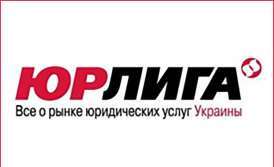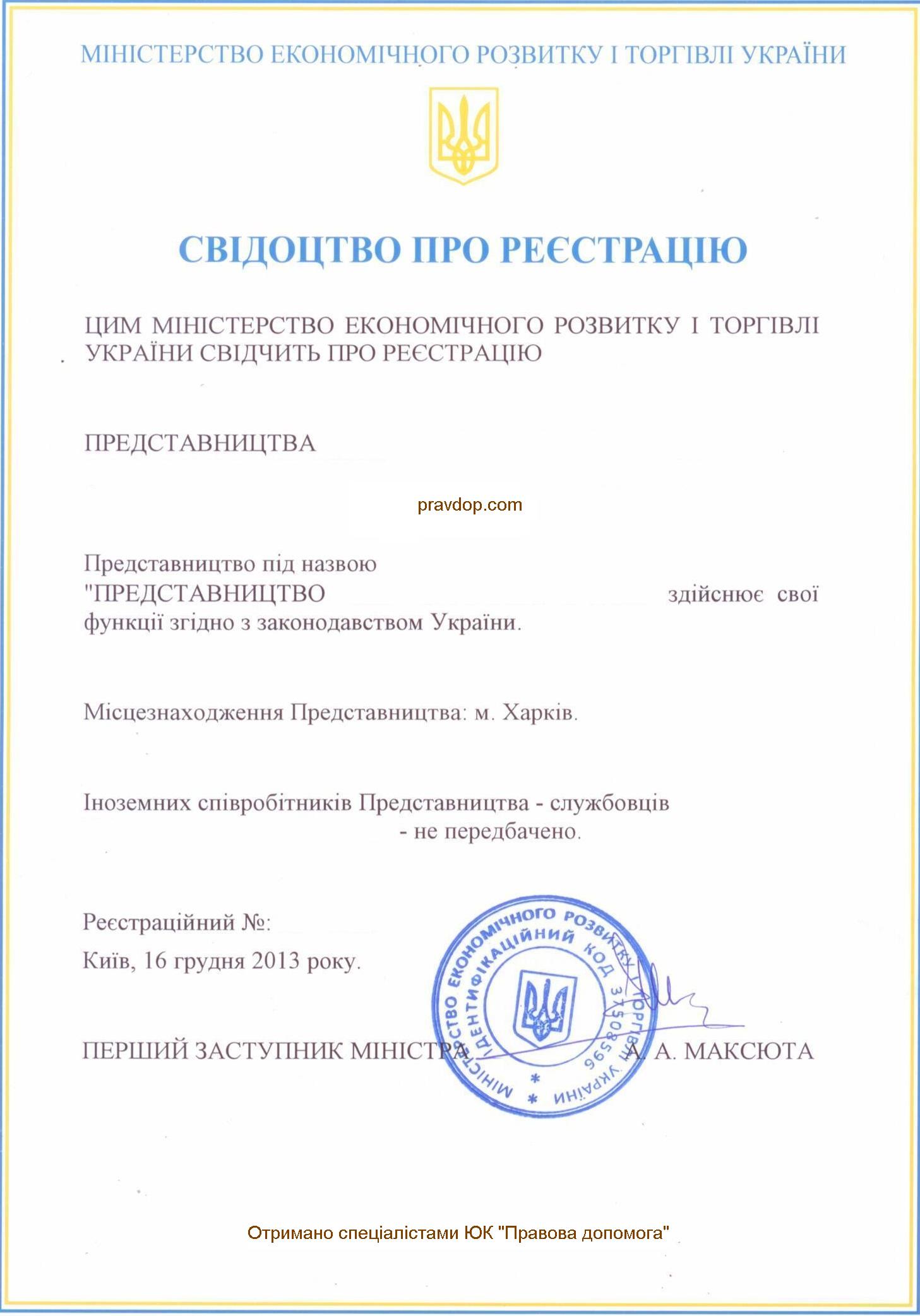Web Copyright Protection: using DMCA (Google as an example)

Lawyer of our law firm Igor Samokhodskyi wrote an article about protection from copyright violations on the internet by means of Google based on the U.S. Digital Millennium Copyright Act.
The article was published on Yurliga web portal under the link - http://jurliga.ligazakon.ua/blogs_article/256.htm.
The article is available below (translation):
“Copyright holders in Ukraine started to actively protect their rights on the internet not that long ago. At the same time a few years were enough to accumulate a significant judicial practice in cases related to violation of copyrights on the Internet.
As of today it is practically impossible to surprise anyone with a written request filed to a provider of hosting or provision of protocol of a website examination by a Russian notary as evidence in court. But for some reason such alternative method of opposition against copyrights violators as interaction with web search companies haven’t become widely spread in Ukraine yet.
It is useful for copyright holders that wish to cease or minimize losses that are caused by copyright infringements without court proceedings and related expenses. This method will be described below on example of Google.
Mechanisms of copyright protection provided by Google are based on procedures defined by the U.S. Digital Millennium Copyright Act (hereinafter – DMCA or the Act).
DMCA provides special protection for the Internet service providers which is conventionally called Safe harbor. It sets no liability for copyright infringement by service provider by means of routing, transfer of data and provision of access to materials. But in order to be under this protection a provider must implement mechanisms of copyrights protection that are defined by Section 512 of the DMCA.
Below we will analyze the perspectives that are awaiting copyright holder after application of the mechanism described in the mentioned section, general algorithm of its implementation as well as its strong and weak sides.
How can a complaint to a web search engine against a website be useful for a copyright holder?
Pages of a website that infringe copyrights or a website in general (if a copyright is infringed throughout the website) will be eliminated from Google’s search results and if the material is stored on Google’s services it will be deleted.
Since the main source of visits for majority of websites on the Internet is web search results (and Google is the most popular web search service not only in Ukraine but also in the world) the significant amount of the Internet users will not see pages that infringe copyright. Taking into consideration the fact that other services of Google are spread widely, the possibility of deletion of materials which infringe copyright is also quite significant.
Procedure of Google notification about infringement of copyrights
Notifications must be filed to Google in written form and in compliance with Section 512 (c) (3) of the DMCA. At the same time the web search engine developed a recommended format of application which complies with the requirements of the Act.
The application includes:
- Copyrighted work claimed to have been infringed;
- Material of a website which is claimed to infringe copyrights;
- Search requests under which Google provides links to pages which infringe copyrights as well as URL – addresses of such pages in search results;
- Name/naming and contact information of a complaining party;
- Information about means of communication with a website owner the materials of which infringe copyrights;
- Statement that the complaining party has a good faith belief that use of the material in the manner complained of is not authorized by the copyright owner, its agent, or the law;
- Signature in the application is obligatory.
Upon receiving the complaint that is in compliance with the requirements Google is obligated to delete the material or access to it within shortest term (web search engine blocks access to pages form search results) and immediately notify the person the access to whose materials has been limited. As the result of deletion of access to a webpage from search results the Google will instead show notification specifying that access to the page was deleted due to copyrights infringement.
It should be pointed out that neither DMCA nor procedure of Google set exact terms for the abovementioned actions. If a received application includes clauses 2, 3, 4 but at the same time do not comply with other requirements an applicant will be assisted to file an appropriate notification.
There are two possible courses of action after this. They are related to right of a person an access to whose materials has been blocked to file a counter notification about the fact that content of a page does not infringe copyrights and access to it was blocked by mistake.
Variant 1. Counter notification is not filed. In this case a page/access to it remains deleted.
Variant 2. Counter notification is filed and Google restores access to a page.
Course of actions provided by the second variant is significantly limited by regulations of Clause (g) (3) (D) and (g) (3) (C) of Section 512. They provide obligatory inclusion of statement that the subscriber consents for any judicial district in which the service provider may be found if the subscriber’s address is outside of the United States (for Google this is Santa Clara County, California) as well as statement under penalty of perjury that the subscriber has a good faith belief that the material has been removed or disabled as a result of mistake or misidentification of the material to be removed or disabled.
But if the counter notification was filed Google is obligated to restore access to the page not sooner than 10 business days and not later than 14 business days after an application was received (Clause (g) (2) (C) of the Act). Term of 10 business days is provided for delivery of counter notification to a claiming party and for possible receiving of information from him about filing of lawsuit to court about ceasing of copyright infringement.
If the claimant does not provide a respective confirmation access to the page will be restored within the defined term.
Advantages of rights protection by means of web search engines:
- time and cost efficiency;
- quick results of one’s rights protection;
- can be applied to any website on the Internet (despite geographic location).
What disadvantages does rights protection by means of web search engines have?
- web search engines can delete a page only if it is stored on their services, in other cases the page will not be accessible from search results but it will continue to exist on the Internet and will be accessible by users from other sources;
- this type of protection does not provide possibility to reimburse damage to an owner.
Thus, the described method of copyrights protection on the Internet is quite attractive from the perspective of expenses, simplicity of procedure and quickness of result obtainment. It is surprising that these features have not popularized it in Ukraine and majority of people have never heard about it.”
The material is related to firm’s practice of Intellectual property. If you have any questions – contact us.
Our clients







